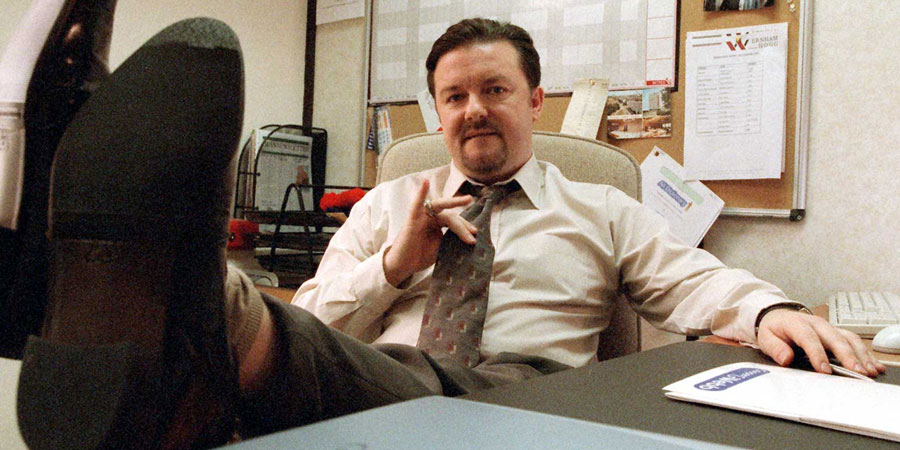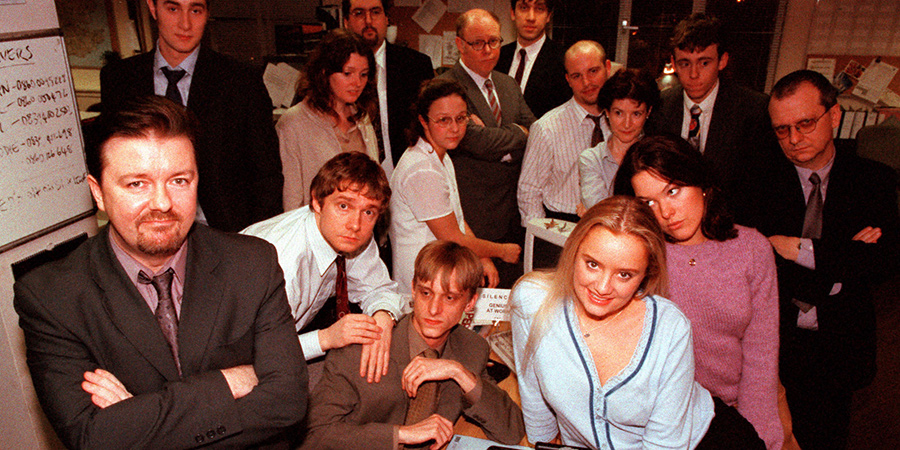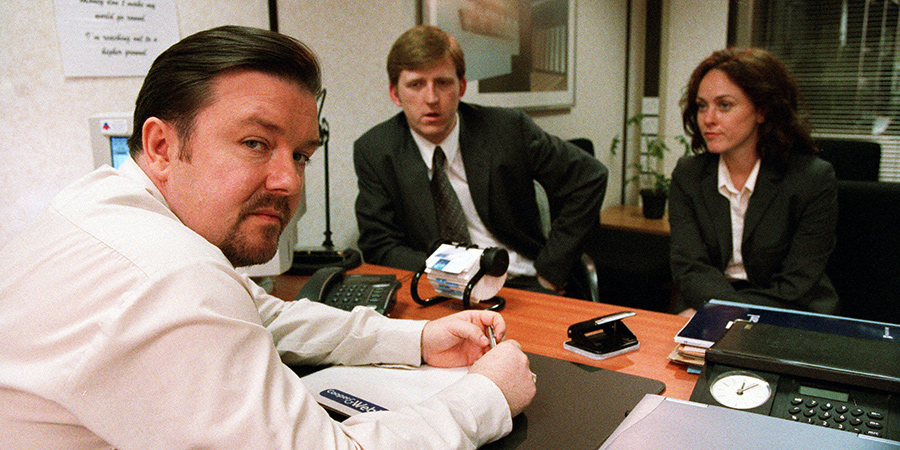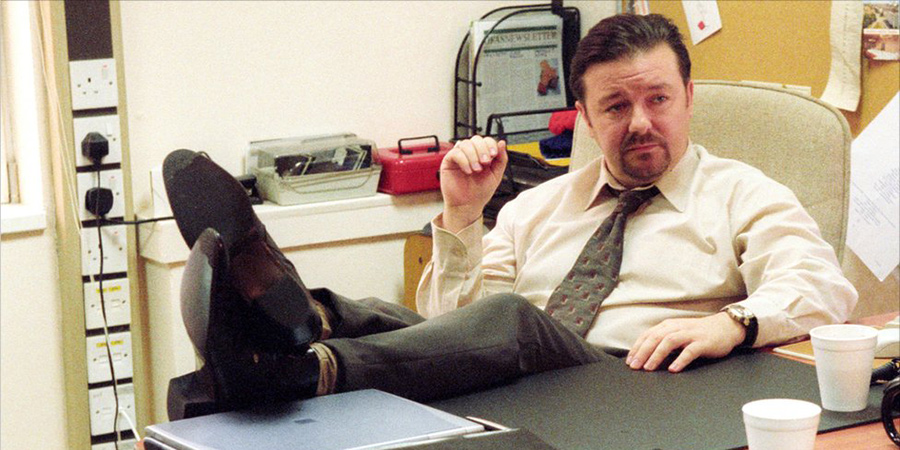David Brent: The awkward maestro who changed comedy forever

British comedy wasn't always about the cringeworthy or the painfully real. For many years, sitcoms were full of cosy caricatures, broad jokes and high farce. Enter The Office in 2001, a mockumentary that blew the traditional sitcom format to pieces and introduced us to David Brent. Created by Ricky Gervais and Stephen Merchant, Brent was more than a character, he was a cultural phenomenon in a cheap tie. Part tragic figure, part clueless dictator and all unforgettable, David Brent changed British comedy forever.
Brent's genius was his clumsiness. Every misstep was a risk - his terrible jokes, his desperate need to be liked and his tone-deaf self-importance all teetered on the edge of watchability. And yet it worked. Comedy is a gamble. Really, every joke is like a roll of the dice, except instead of betting real money at the likes of BOF Casino or another gambling emporium, the risk is your comedic gambit falling flat. Brent's blundering genius proved that the biggest comedy payoffs come from going all in on the uncomfortable truth. Gervais and Merchant gambled that we'd sit through second-hand embarrassment to find something human at the centre. They were right.

Before David Brent lumbered onto our screens with his dodgy dance and misplaced bravado, most sitcoms were all about the setup and the punchline. The jokes were served hot and the studio audience were cued up to laugh. Brent changed all that. He turned pauses into punchlines. The humour was in what wasn't said, in the silence after one of his self-important statements or cringeworthy attempts at humour.
This wasn't comedy spoon-fed to the audience. It required more. Brent didn't tell you to laugh at him, he let you decide. That delicate balance of pathos and absurdity became the template for British comedy to follow. Shows like Peep Show, The Inbetweeners and Fleabag owe a debt to Brent's pioneering awkwardness. They're funny because they're honest, because they're about the uncomfortable truths we don't want to face.
But Brent's humour was more than just pauses and awkwardness. It was character. He wasn't a gag machine; he was painfully real. You cringed because you knew someone like him - or worse, you were like him.

David Brent was, above all, relatable. He was the universal desire to be liked, to be admired, to be important. He wanted to be the funny boss, the cool guy, the one everyone remembered. And he failed, again and again, in spectacularly human ways. That relatability gave The Office depth that sitcoms rarely get.
Brent was a mirror. He showed us our insecurities, our egos and our blind spots. He made us laugh but he also made us squirm. It wasn't just a comedy, it was a human being. Brent told us that failure is funny, that we can laugh at how we fall short.
David Brent's arrival wasn't a coincidence. At the turn of the millennium the world was waking up to a new era. Technology was changing the way we worked and communicated and reality TV was muddying the waters between entertainment and voyeurism. Brent, with his love of being on camera and his misplaced confidence, was the perfect response to this cultural shift.
Gervais and Merchant were on the pulse, they created a show that felt modern and current. The Office was a workplace comedy but it was also a commentary on the performative nature of modern life. Brent's need for approval was a society that was obsessed with validation and recognition.
David Brent's influence on British comedy can't be measured, but it is huge. He didn't just change the sitcom, he changed what comedy could be. You can see his influence in everything - even abroad - from the mockumentary style of Parks And Recreation and Modern Family to the complex, flawed characters of Succession and Ted Lasso.
Brent made comedy unafraid to be uncomfortable, to challenge the audience and to go to the dark places. He showed comedy could be more than just entertainment, it could be art.

Of course credit must go to Ricky Gervais, whose performance as Brent was nothing short of brilliant. Gervais brought a vulnerability and nuance to the character that made him more than just a cartoon. Brent was ridiculous but he was also real. He was a product of his environment, a man trying to navigate a world that didn't fit him.
Gervais's ability to balance comedy and pathos was the key to Brent's success. He made you laugh but he also made you feel. That emotional connection was what made The Office different and what made Brent a character that endures.
Twenty years on and David Brent is still relevant. You can see his influence in the way comedy is evolving, embracing awkwardness, honesty and humanity. Brent taught us it's okay to laugh at ourselves, failure is funny and the best comedy comes from the heart.
As we live in a world that's more performative and disconnected than ever, Brent's lessons remain relevant. He reminds us to be ourselves, find humour in our failures and connect with others through laughter.
David Brent didn't just change British comedy; he changed the way we see ourselves. And that's a legacy worth celebrating.
This article contains a promotional link.
